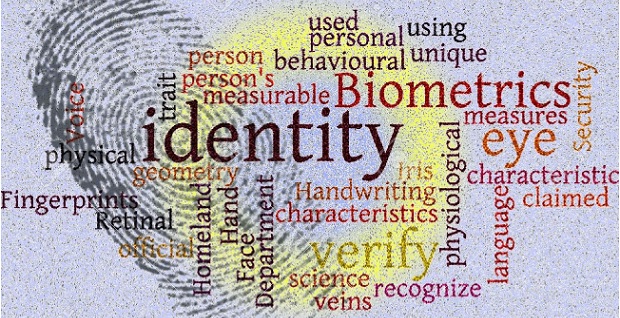
Mastercard is forecasting a bright future for biometric technology, as new rules on strong customer authentication under PSD2 come into force across Europe. The European rules aim to tackle online fraud, by increasing the number of transactions subject to two factors of authentication by the payer. While in-store transactions using Chip and PIN technology already comply, the biggest impact will be felt in online shopping, where consumers are already overwhelmed by password fatigue.
With new EU regulations coming into place next September, Mastercard is predicting a significant increase in the use of biometric technology to authenticate who is paying. „With regards to card payments, currently just 1-2% per cent of online transactions require cardholder authentication to complete a transaction (mostly likely using a password), but this is set to rise to up to 25% or 1 in 4 payments from next autumn.”, according to the press release.
The European rules aim to tackle online fraud, by increasing the number of transactions subject to two factors of authentication by the payer, known as “Strong Customer Authentication” (SCA).
Authentication for online payments and account access will be based on the use of two or more different factors in the future:
. Something you know, such as a password
. Something you have, such as a phone, or card
. Something you are, such as a fingerprint
This will mostly impact card payments made over the internet – be it a desktop or mobile purchase. It will also apply to some contactless transactions, as a periodic check to ensure the card is being used by its rightful owner.
However, in store chip and pin transactions are already complaint and use two factors.
Although the heightened security measures are designed to protect consumers and businesses from being defrauded, Mastercard is working with banks and the rest of the industry to ensure they are implemented without ‘disrupting’ the convenience of payments for consumers.
Ajay Bhalla, President Global Enterprise Risk and Security, Mastercard said: “The use of passwords to authenticate someone is woefully outdated, with consumers forgetting them and retailers facing abandoned shopping baskets. In payments technology this is something we’re closing in on as we move from cash to card, password to thumbprint, and beyond to innovative technologies such as artificial intelligence. It’s far easier to authenticate with a thumbprint or a selfie, and it’s safer too.”
Identity Check is one such example of how biometric technology can be used. This is an authentication solution that enables individuals to use biometric identifiers, such as fingerprint, iris and facial recognition to verify their identity using a mobile device during online shopping and banking activities. This solution dramatically speeds up the digital checkout time, improves security and reduces cart abandonment rates.
Mastercard is testing a next generation biometric payment card, with an in-built fingerprint sensor. The card is being piloted in South Africa and can be used to verify in-store purchases without the need to upgrade existing payment terminals.
„With this approach, Mastercard will help banks not only to comply with requirements set out in the new PSD2 legislation, but also to go further in optimising the checkout experience of their customers.”, the company says.
Banking 4.0 – „how was the experience for you”
„To be honest I think that Sinaia, your conference, is much better then Davos.”
Many more interesting quotes in the video below: